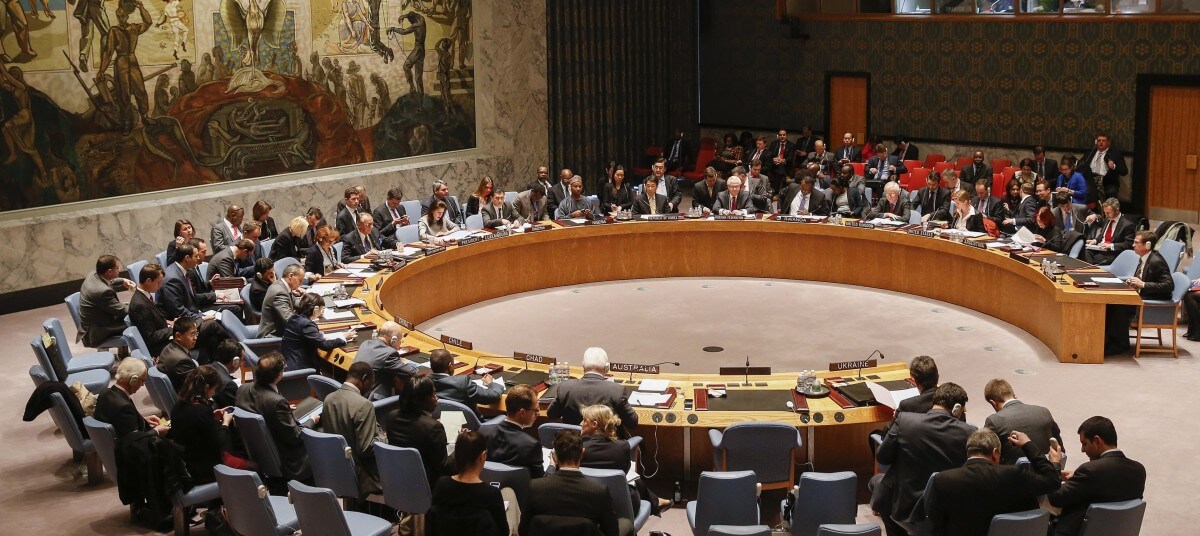
India – The Flavour of August at UNSC
Tue, 03 Aug 2021 | Reading Time: 6 minutes

India – The Flavour of August at UNSC
TP Sreenivasan
A heroic effort by India to energize the UN after its abject failure to deal with Covid-19, the biggest threat to international peace and security, is in evidence as India assumed the Presidency of the UN Security Council for the month of August 2021. Although the Presidency of the Security Council is a rotational blessing bestowed on the member states purely on account of the first letter of their names and the President is entirely in the hands of the Council as the presiding officer, the position gives the country a certain visibility and prestige. Every country gets at least one chance to preside over the Council in its two- year term, but some configurations of the names of the member states may get some even a second term.
Most member states treat their Presidency as a routine matter and perform their functions without taking any particular initiatives. But it is not unusual for them to add a personal touch by bringing a flavour of the country to the Council. I remember Ambassador Chinmaya Gharekhan putting up a picture of Mahatma Gandhi in the President’s chamber and serving Darjeeling tea to the delegates when he was President in 1992. Other nations also bring their icons and national cuisine to celebrate their tenures.
The normal duty of the President is to consult individual members to ascertain their wishes as to what the Council should accomplish during the month and draw up a work program and ensure that the agenda is implemented. The Security Council is presumed to be in continuous session and meetings can be held at any time of the day or night.
The routine suddenly changes if a major threat to peace or breach of the peace takes place in any part of the world. But even in normal times, the President has to convene several sessions of the members for informal consultations in a small chamber which can accommodate only the members and a few officials. Each delegation can have only two members in the consultations room and no records of the consultations are kept.
The biggest challenge for the President is to get the delegates to focus on issues and to remain temperate. Very often harsh words are exchanged between contenders and even the permanent members are accused of being very rigid. The formal meetings of the Council are like the swans swimming effortlessly on the surface of the lake, even while relentlessly using their feet to keep afloat and stay majestic.
The Presidents of the Council often take initiatives to resolve the hard- core issues on the agenda or to introduce reform ideas. Some of these, if they are eventually adopted by consensus, get christened after the name of the President concerned. But Presidents take initiatives only after extensive individual or group consultations as every new move is initially suspected to have a hidden agenda. The matters come to the formal public sessions only after an agreement is reached on a pre-determined scenario, whether they get adopted or be vetoed by a permanent member.
Our Permanent Representative to the United Nations, Ambassador TS Tirumurti, an experienced, energetic and erudite diplomat and his team must have worked very hard over several months to form an agenda for the month of August in accordance with our priorities. Since Indian concerns over China and Pakistan were well known, any initiative from our side must have been examined thoroughly to make them free of any hidden barbs. It is to the credit of the Indian delegation that it has been able to get the Council to agree on an agenda for August, which will reflect India’s concerns and interests.
Outlining the agenda for August, Ambassador Tirumurti first spoke about the current issues that have engaged the Council. “The Security Council will have on its agenda several important meetings, including on Syria, Iraq, Somalia, Yemen, and the Middle East. The Council will also be adopting important resolutions on Somalia, Mali, and the UN Interim Force in Lebanon” he added.
In addition to the ongoing work, India will organize three high-level meetings focusing on priority areas such as maritime security, peacekeeping, and counterterrorism initiatives. It is up to India to decide who will preside over the meetings in August.
While the normal sessions are chaired by the Permanent Representative, many countries bring in Foreign Ministers and others to demonstrate the importance they attach to the matters under discussion. Given India’s commitment to the UN and our ambition to be a permanent member of the Security Council, it is not surprising that the Prime Minister himself has decided to preside over the Council for the first time on 9 August 2021. It would have been historic if the Prime Minister had travelled to New York for the purpose, but even his virtual appearance as the President of the Security Council will have symbolic meaning and significance. His address to the Security Council will go down in history as an important contribution to the UN debates.
Prime Minister PV Narasimha Rao attended a meeting of the Security Council in New York on 31 January 1992, held for the first time at the level of Heads of State and Government. A statement issued by the President at the end of the session stated that “the members of the Council considered, within the framework of their commitment to the United Nations Charter, the responsibility of the Security Council in the maintenance of international peace and security”. The statement was quite comprehensive in its coverage of the international situation at the end of the Cold War, but the references in it to disarmament, non-proliferation etc, which were not strictly within the jurisdiction of the Council caused India some discomfort.
“On nuclear proliferation, they note the importance of the decision of many countries to adhere to the Non-Proliferation Treaty and emphasize the integral role in the implementation of that Treaty of fully effective IAEA safeguards, as well as the importance of effective export controls. The members of the Council will take appropriate measures in the case of any violations notified to them by the IAEA,” said the statement.
India had to make a general reservation on the statement, even though pressure was put on the Prime Minister to go along with the “consensus statement.” No such problem may arise this time as we do not seem to be preparing for any consensus statement at the end of the session.
Among the three topics we have chosen for discussions, peacekeeping reforms are likely to unite rather than divide the members. Our focus will be on the issues relating to the problems of troop contributors. The funding of peacekeeping has always been problematic. If we can work out an agreement on winding up defunct operations like United Nations Military Observer Group for India and Pakistan (UNMOGIP), it will be a positive development.
China might see our position on maritime security as casting aspersions on their claim on the South China Sea and try to safeguard its position in any formulation considered by the Council. Counter terrorism discussions and the work of FATF would bring India and Pakistan face to face, but since Pakistan is not a member of the Council, there will be no confrontation. Pakistan has accused India of trying to keep Pakistan in the FATF list of countries suspected of money laundering etc for terrorism.
India may not have any realistic expectation that any major decision will be taken on these topics in August. Our efforts will be to push the envelope in the direction of our interests and hope to have some incremental benefits during the discussions. India’s candidature for a permanent membership of the Security Council must be part of our agenda, but no progress can be expected even if we demonstrate our capabilities in August 2021.
Symbols are important in multilateral diplomacy and our active role in guiding the direction of the Security Council in August towards peace and global cooperation may be helpful in the long run.
One initiative India could have taken was to strengthen international cooperation in fighting Covid-19 because it still remains a threat to humanity and nothing would have been more important than a solid plan of action to combat the pandemic and to strengthen the global economy.
*************
Author
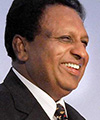
TP Sreenivasan is a former Ambassador of India and a member of the National Security Advisory Board and presently the DG of the Kerala International Centre. He has nearly 20 years of experience in multilateral diplomacy and has represented India at a number of international conferences organised by the UN, the Commonwealth and the NAM. He has chaired several UN Committees and Conferences.
Disclaimer
The opinions expressed in this article are the author’s own and do not reflect the views of Chanakya Forum. All information provided in this article including timeliness, completeness, accuracy, suitability or validity of information referenced therein, is the sole responsibility of the author. www.chanakyaforum.com does not assume any responsibility for the same.
Chanakya Forum is now on . Click here to join our channel (@ChanakyaForum) and stay updated with the latest headlines and articles.
Important
We work round the clock to bring you the finest articles and updates from around the world. There is a team that works tirelessly to ensure that you have a seamless reading experience. But all this costs money. Please support us so that we keep doing what we do best. Happy Reading
Support Us




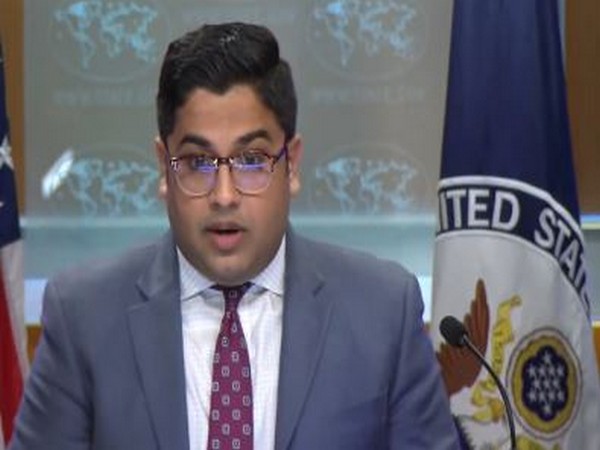
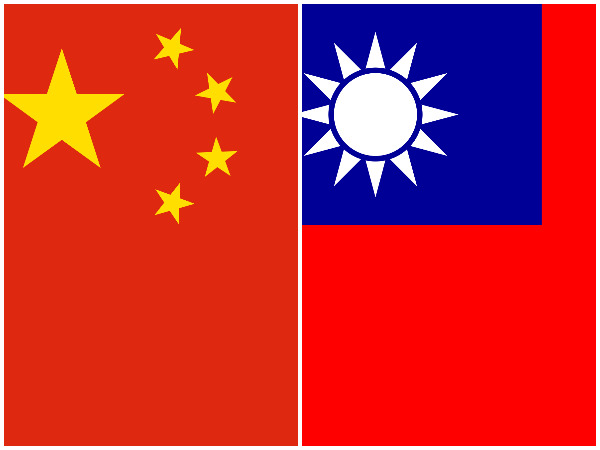
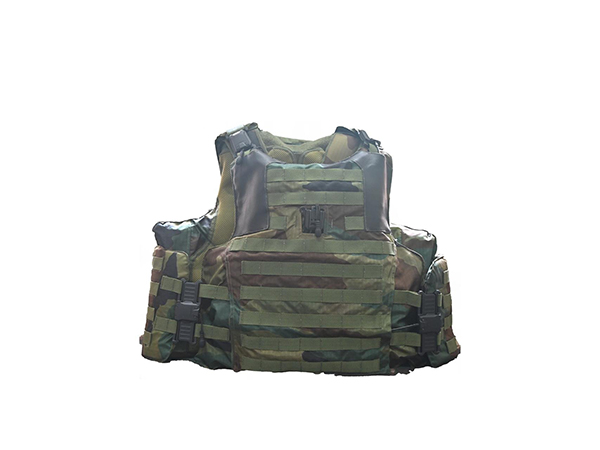
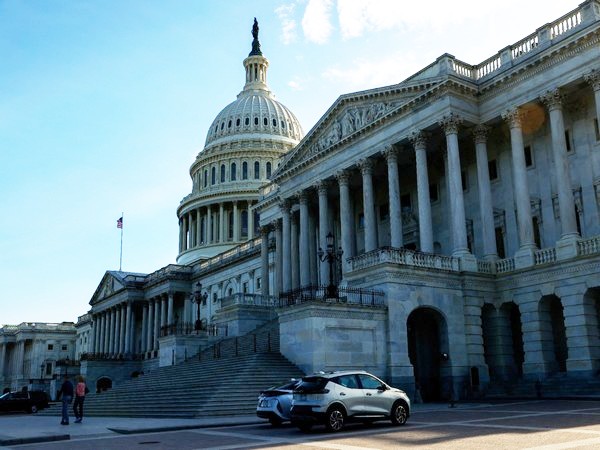
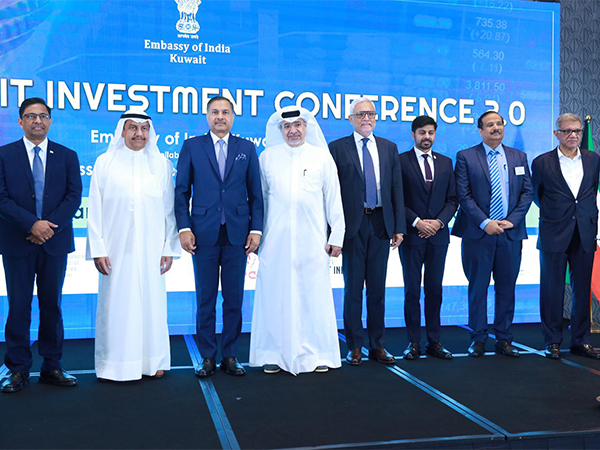
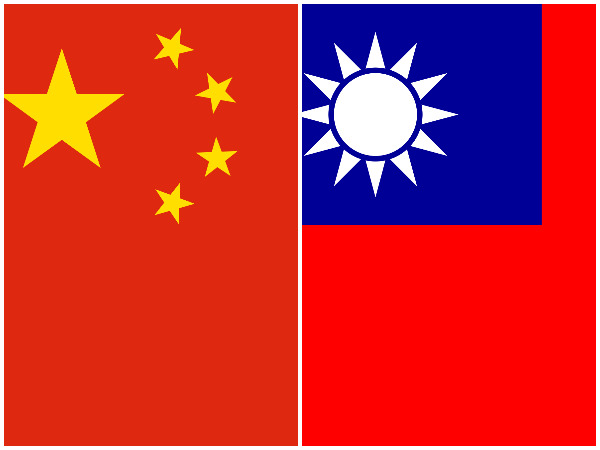
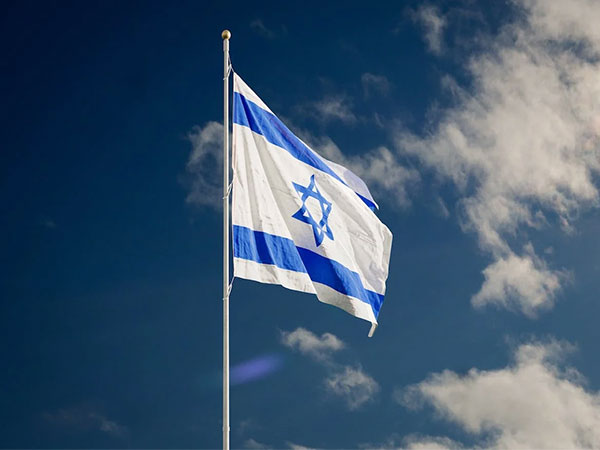
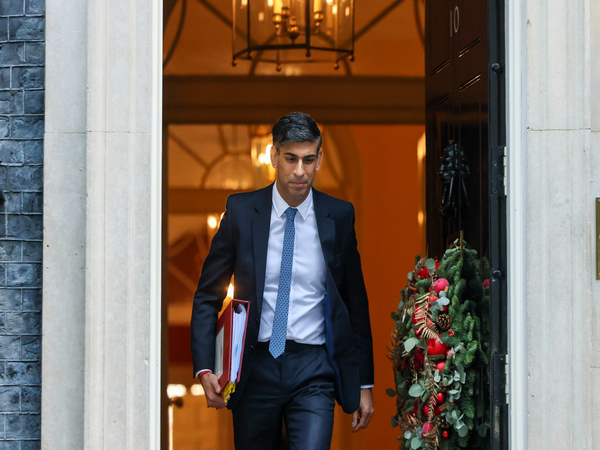
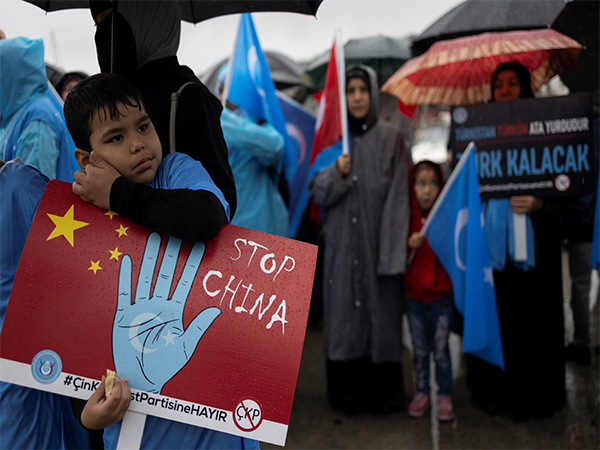
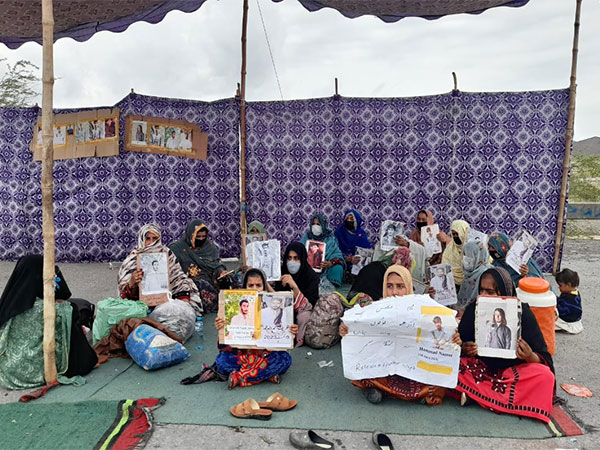






POST COMMENTS (0)